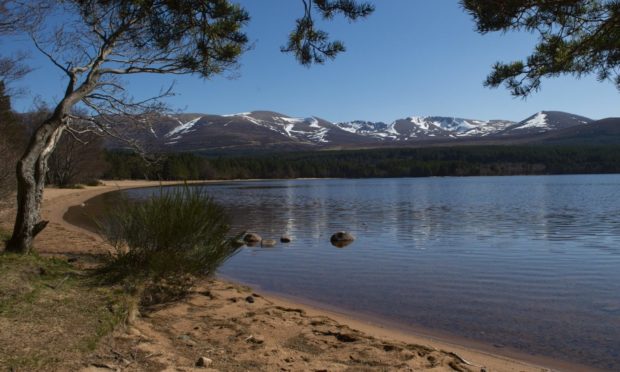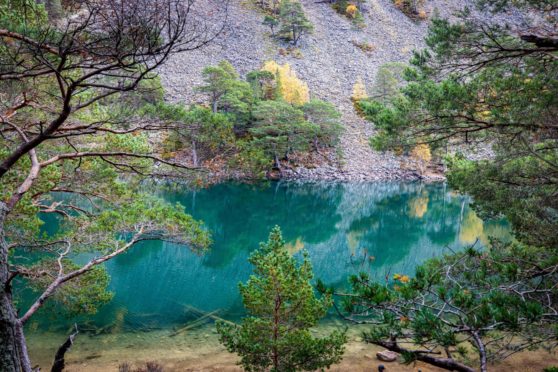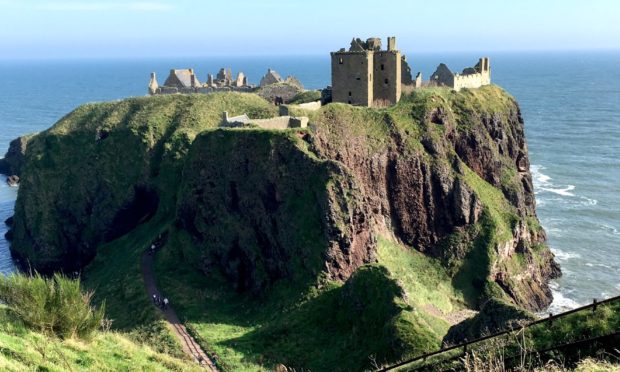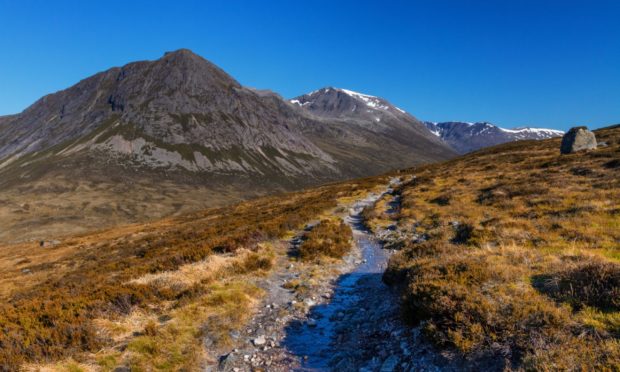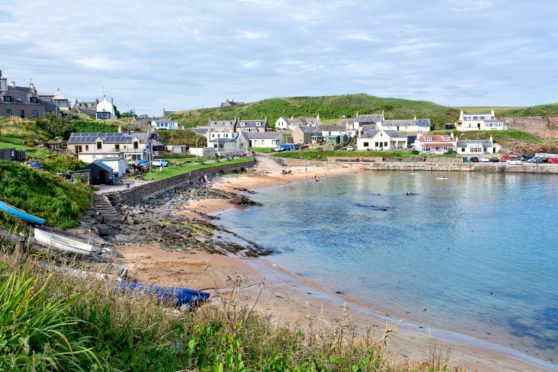New research by VisitScotland found that nearly a quarter of holidaymakers from the UK and Ireland chose to visit Scotland last year to protect their mental health from the effects of Covid-19.
VisitScotland’s Emotional Benefits of Tourism research paper examines the emotional benefits of tourism such as alleviating stress, boosting confidence and increasing creativity.
It also aims to highlight the travel motivations of people in the UK and Ireland during the pandemic.
The research found that 53% wanted to holiday in Scotland because they needed a change of environment.
This was closely followed by the 51% who came to connect with nature and the outdoors.
Chris Greenwood, senior tourism insight manager at VisitScotland, said: “Post-lockdown, there will be a focus on improving our well-being and going on holiday or attending an event will prove popular ways to do that – when restrictions allow.
“Our research has shown that protecting mental health and a need for change and connection are key motivators for holidaying in Scotland.”
Emotional benefits of holidaying in Scotland
Those involved in the study found that the emotional benefits of holidaying in Scotland in 2020 included the following:
- Fosters resilience
- Alleviates stress
- Increases creativity
- Boosts confidence
- Encourages empathy
Over a third of people also said they chose to visit Scotland to support tourism businesses in their recovery from the impact of the pandemic.
Advice for tourism businesses
Scottish tourism businesses are being encouraged to use these new findings and use wellbeing as a focus in their activities moving forward.
The emotional side of tourism explored in the paper can be encouraged through personalisation of experiences, developing emotional intelligence and providing opportunities to give back in the local community.
Mr Greenwood said: “An overall emotional experience is critical for today’s visitors and is a powerful factor when choosing where to travel. Scotland, with its combination of nature, history and welcoming spirit ticks all the boxes when it comes to providing a sense of connection and enrichment.
“Tourism is a force for good – creating economic and social value in every corner of Scotland and enhancing the well-being of everyone who experiences it. We all deserve a holiday, and Scotland, and all it offers, will be the perfect antidote after lockdown.”
Businesses involved in the tourism sector are also being given support following the pandemic and preparing for a surge of visitors this year.
Mental Health Awareness Week
This new research comes during Mental Health Awareness Week, run by The Mental Health Foundation. It highlights the fact that taking a break can improve mental wellbeing.
Chris O’Sullivan, head of communications and fundraising at Mental Health Foundation Scotland, said: “We all have mental health and the more we learn to recognise the things that help us protect and improve it, the more likely we are to prevent mental health problems arising.”
This year’s theme for the week is nature, and people are being encouraged to share audio, video and photos of nature on their doorstep on social media.
Mr O’Sullivan added: “Taking a break is good for our mental health – a change of pace, a change of space and an opportunity to spend time away from our work can all be good for our wellbeing, particularly if it includes connecting with nature.
“That’s why the theme of our Mental Health Awareness Week is nature and how we can improve our connection to it. We’re lucky in Scotland that we have so many beautiful places on our doorsteps.
“Even in our cities we’re never far from natural beauty. Whether it’s Princes Street Gardens on a city break, the perfect beaches of the west coast, or camping under the stars in one of our dark skies parks, Scotland is a unique place to take a break and find and cherish our connection with the natural world.”
